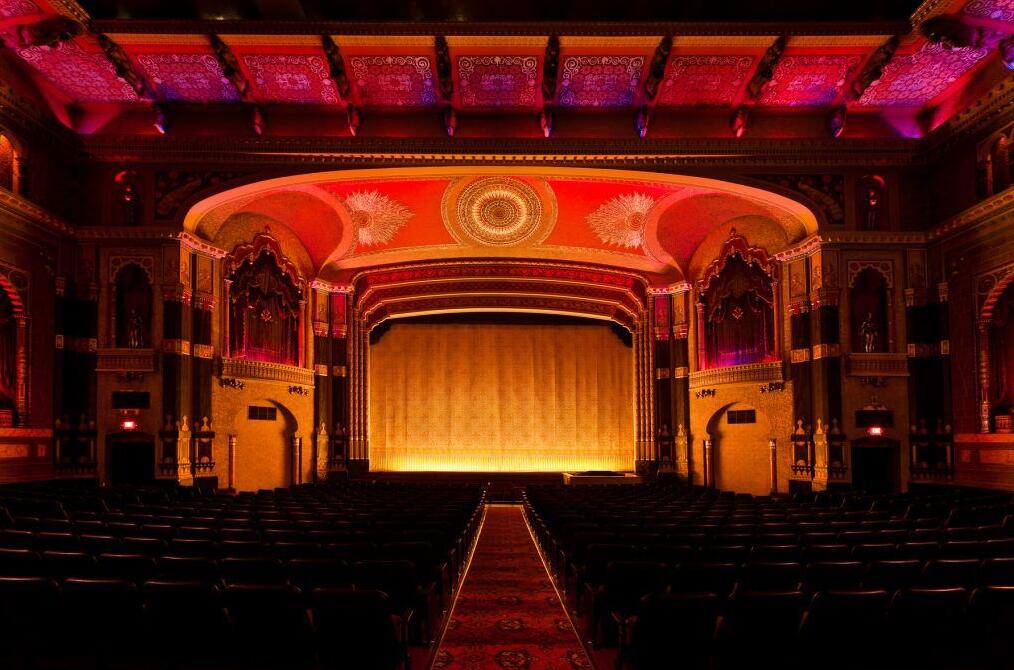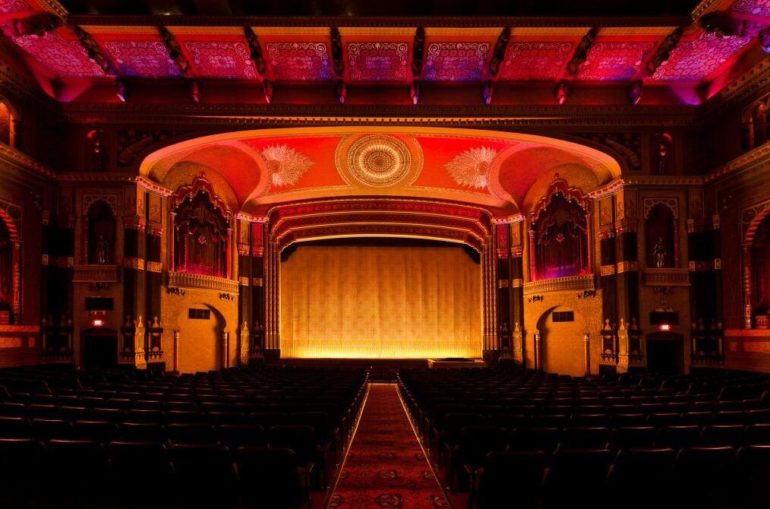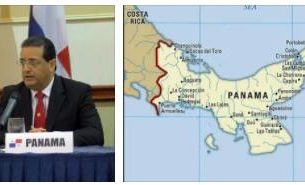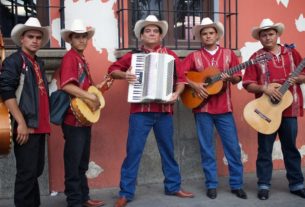Music in Honduras
Folk music is developed through mutual influence between Native American, African and European traditions. The music of the Mestis is based on forms of European origin, and from the 16th century onwards, Native American music came under African and Iberian influence.
Since the first military orchestra was organized in 1876, military music has played a dominant role in concert life. The upper-class ballroom dancers (drum, quadrille, masurka and polka) have given impetus to popular music in the 1900s.
Theater in Honduras
A certain dramatic activity is known from the time around the transition from Spanish rule to independence, such as pastorelas, pieces from the workers’ lives, written and performed by José Trinidad Reyes. SF Díaz wrote patriotic pieces in the mid-1800s, a tradition followed by Jorge Fidel Durón. Casa de la Cultura was a cultural institute with theater that was founded in 1916, but only after 1950 can one say that theater life gained some momentum. This was done by the establishment of a number of experimental groups, such as Grupo Dramático Tegucigalpa which was founded in 1956. Later theater has been linked to solidarity between the people groups, which was largely the focus of the Comunidad Hondureña de Teatristas (Association of Theater Creators in Honduras ) which organized its first congress in 1982.
Teatro Taller Tegucigalpa and Teatro La Fragua (1979) have worked to develop a popular theater based on folklore. A national theater festival in 1982, the first in 14 years, stimulated later festivals. Despite a lack of organizations and little public support, there has been some dynamism in Honduran theater in recent years.




